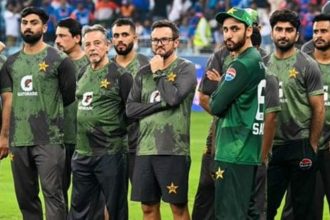Responding to US allegations that Pakistan was not doing enough to tackle the Haqqani network, the military said yesterday that Pakistan was not alone to blame and that restoring peace in Afghanistan was a shared responsibility.
“It is the responsibility of all sides and stakeholders to work towards peace in Afghanistan,” a security official stated hours after the US side at a briefing said that National Security Adviser Susan Rice had during her Islamabad trip conveyed a list of steps that it required Pakistan to take to eliminate threat posed by the Haqqani network.
The security official conceded that Ms Rice had in her meeting with Army Chief Gen Raheel Sharif at the General Headquarters talked about the US concerns over the Haqqani network. “There was a frank, candid and intense discussion…. Both sides were open,” the official said, adding that while they raised the issue of Haqqani network, Pakistan too put forward its share of complaints.
Instead of the meeting getting bogged down in a blame game, the official clarified that the focus of the talks was on the way forward.
Indirectly blaming the Afghan government for its role in the suspension of peace talks with Taliban, the official said Ms Rice was reminded that the reconciliation process started in Murree on July 7 was now stuck.
The peace process was suspended a day before the second round of talks was to be held in Pakistan on July 31 because of the disclosure by Afghan intelligence about Taliban chief Mullah Omar’s death. During the development that followed Mullah Akhtar Mansour became the new chief and Haqqani leader Sirajuddin became one of his deputies.
The security official said the US needed to realise that when the strategic direction had been identified it was imperative to move forward on that.
He said Ms Rice had appreciated Pakistan Army’s counter-terrorism operations and acknowledged their impact. There was a consensus at the meeting on closer coordination for peace in Afghanistan, he added.





